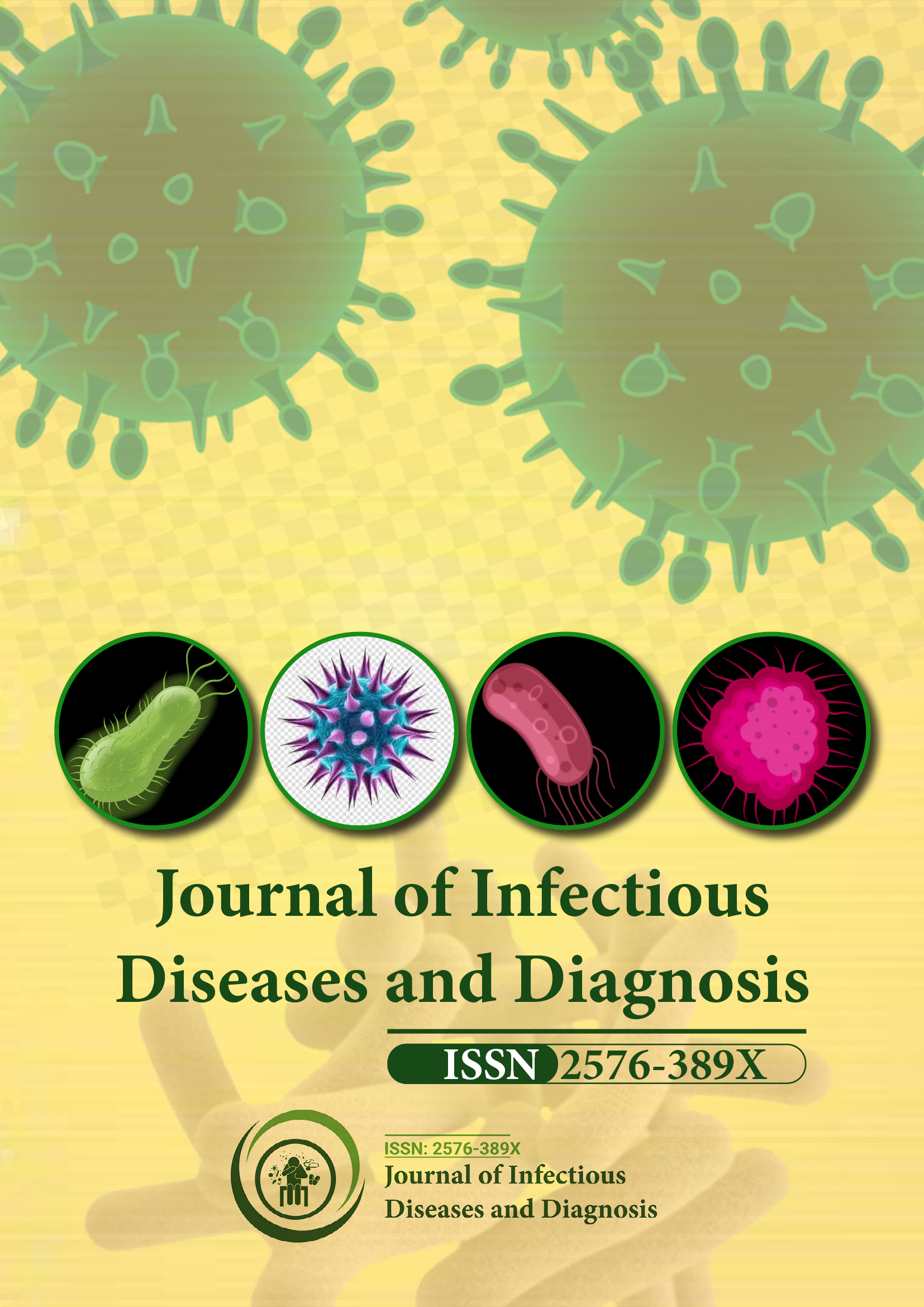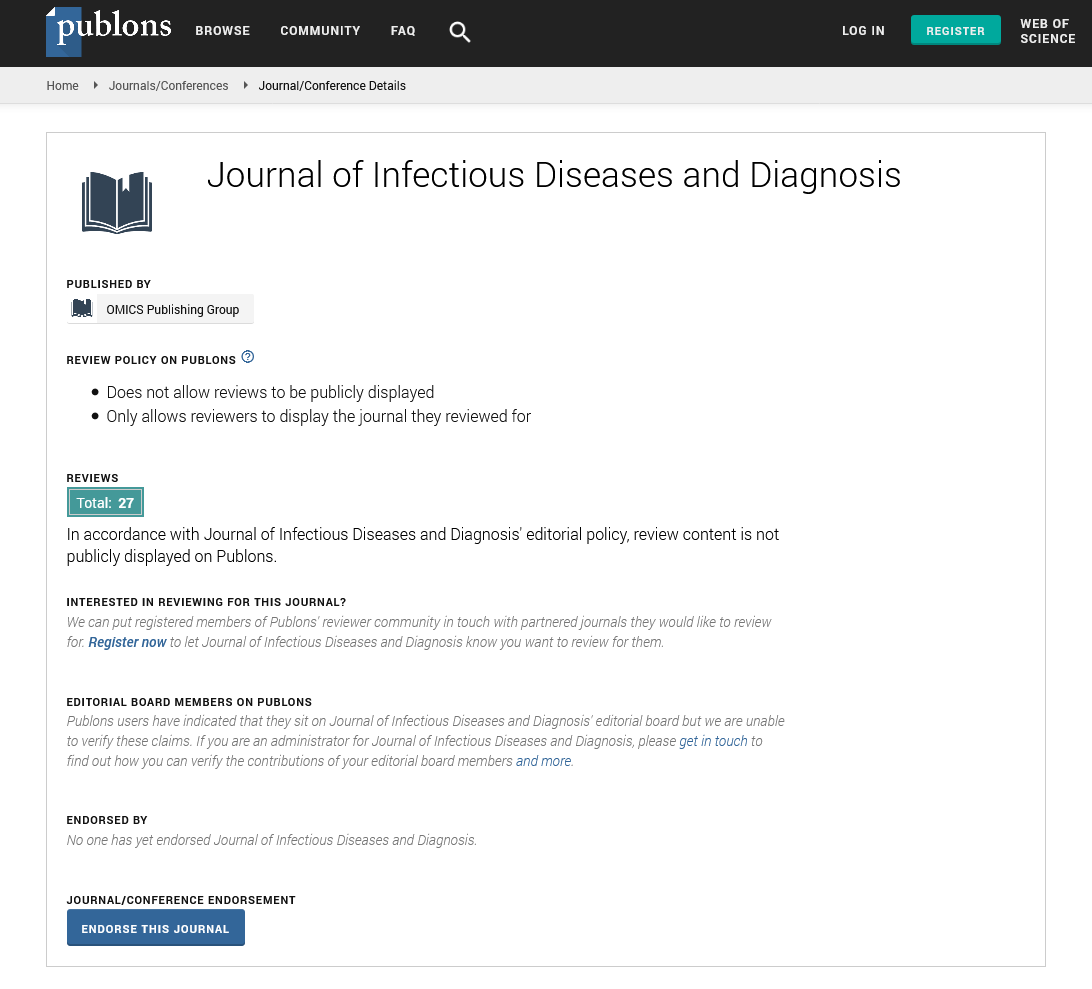Indexed In
- RefSeek
- Hamdard University
- EBSCO A-Z
- Publons
- Euro Pub
- Google Scholar
Useful Links
Share This Page
Journal Flyer

Open Access Journals
- Agri and Aquaculture
- Biochemistry
- Bioinformatics & Systems Biology
- Business & Management
- Chemistry
- Clinical Sciences
- Engineering
- Food & Nutrition
- General Science
- Genetics & Molecular Biology
- Immunology & Microbiology
- Medical Sciences
- Neuroscience & Psychology
- Nursing & Health Care
- Pharmaceutical Sciences
Abstract
Surveillance of the Impact of Antimicrobial Resistance in Hospitalized Children: Protocol for a Retrospective Cohort Study
Danielle Domo*, Carmen D’Amore, Francesca Ceccherini Silberstein, Carlo Federico Perno and Paola Bernaschi
Background: In an era where the common interest in microbiology is on the silent and scary growth of pathogenic microorganisms, the necessity of trying to understand better these organisms' almost ancient world has not gotten out of our sight-especially those isolated and analysed in the laboratory, from fragile pediatric patients’ specimens. Immunocompromised patients in pediatry come from various pathogenetic and pathologic conditions. They are constantly at risk of infections, and because of the intense therapies they are going through sometimes, they can also become reservoirs of certain diseases. The current study strives to investigate the impact of such a risk towards preventing increased hospital Length of Stay (LOS) among immunocompromised pediatric patients as much as increased mortality or premature death.
Methods: The idea is to run a retrospective cohort investigation on current laboratory data to study the trends of infections with resistant bacteria among fragile kids in a pediatric facility based in a developed country. Statistical analysis is to understand the impact of such conditions on the patient’s health status from the time of the infection until discharge’s time from the hospital or the outcome of therapies.
Prospects: The study hopes to demonstrate that implementing world standard antimicrobial stewardship measures is essential in a stewardship programs close to perfect control, management and surveillance of antimicrobial resistance infections. Many facilities in Low and Middle-Income Countries (LMIC) will benefit from having statistically solid evidence since they lack current literature.
Published Date: 2024-01-03; Received Date: 2023-11-16

